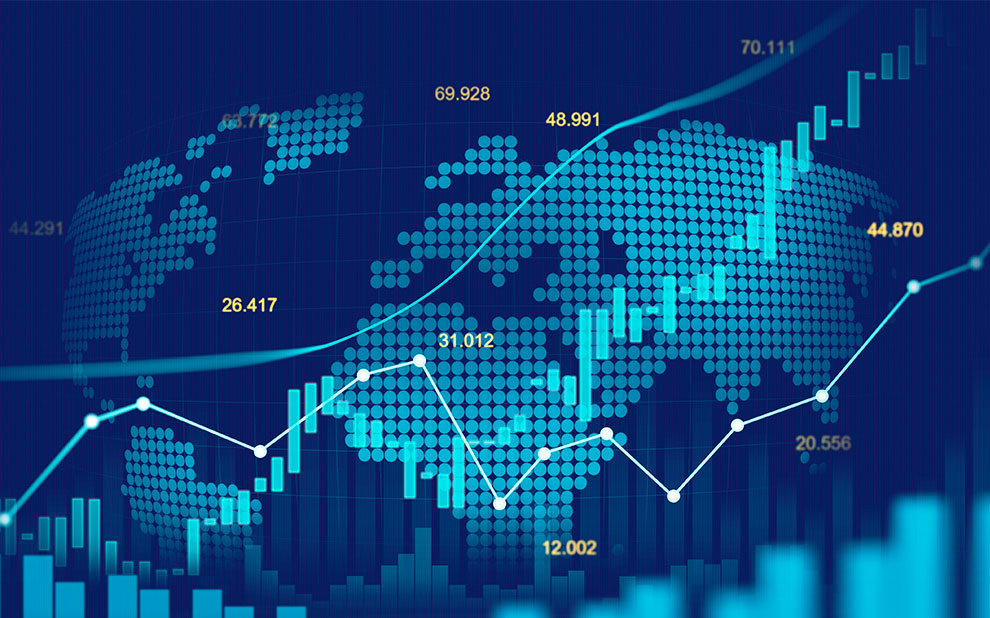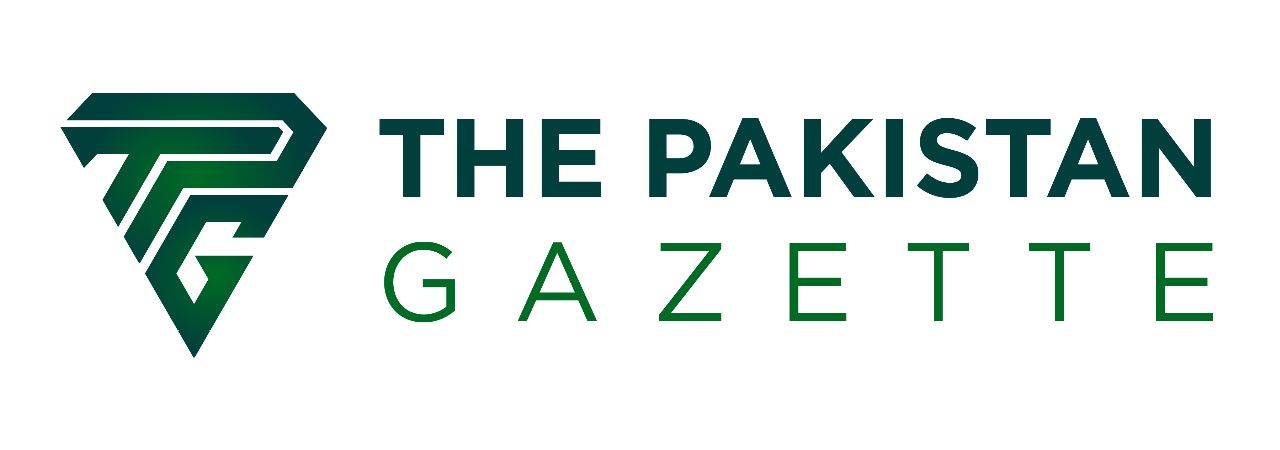
What is International Political Economy – Role of IMF and WTO
What is International Political Economy
International Political Economy (IPE) is an interdisciplinary field of study that combines elements of economics, political science, and international relations to understand the interplay between economics and politics in the global system. It examines the interactions and relationships between states, international organizations, transnational corporations, and other actors in the global economy, and analyzes the ways in which they shape and is shaped by economic and political processes. IPE considers issues such as trade, investment, globalization, financial markets, and inequality, among others.
Capitalism and its Future
Capitalism is an economic system in which private individuals and corporations own and control the means of production and distribution of goods and services, and in which the creation of goods and services is motivated by profit. The future of capitalism is a subject of debate among economists, policymakers, and the general public.
Some argue that capitalism will continue to evolve and adapt to changing circumstances, such as technological advancements and shifting global power dynamics. Others believe that capitalism is inherently unstable and prone to crisis, and predict that it will eventually be replaced by another economic system. Some also argue that capitalism needs to be reformed to address social and economic inequalities and environmental sustainability issues.
Regardless of its future, capitalism has had a profound impact on the world economy and society and continues to shape global economic, political, and social systems. The future of capitalism will depend on a variety of factors, including government policies, technological innovations, and shifts in public attitudes and values.

What is Mercantilism
Mercantilism is an economic theory and practice that was prevalent in the 16th to 18th centuries and was based on the idea that national wealth and power could be increased by accumulating gold and silver through a favourable balance of trade. It emphasized government intervention in the economy to promote exports, restrict imports, and accumulate precious metals.
Mercantilist policies included the regulation of trade, the establishment of monopolies and trade restrictions, the promotion of domestic industries, and the colonization of foreign territories to secure new markets and sources of raw materials. This approach was seen as a way for states to increase their economic power and strengthen their position in international affairs.
Mercantilism had a significant impact on the economic development of Europe and the Americas and laid the foundation for the modernization of the world economy. However, it was gradually replaced in the late 18th and early 19th centuries by the classical liberal economic theories of Adam Smith, who advocated for free trade and a minimal role for the state in the economy.
Role of IMF in International Political Economy
The International Monetary Fund (IMF) is a global organization that plays a key role in the international political economy. It was established in 1944 with the aim of promoting international monetary cooperation, facilitating the balanced growth of international trade, and providing resources to countries facing balance of payment difficulties.
The IMF’s role in the international political economy includes:
Providing financial assistance: The IMF provides loans to member countries facing economic difficulties, often in exchange for policy adjustments to restore economic stability and growth.
Monitoring economic developments: The IMF regularly assesses the economic situation of its member countries and provides economic advice to help them achieve macroeconomic stability.
Promoting economic policies: The IMF encourages member countries to adopt policies that support economic growth and stability, such as fiscal discipline, monetary stability, and open trade regimes.
Supporting global economic cooperation: The IMF works with other international organizations, such as the World Bank and the World Trade Organization, to coordinate efforts to address global economic challenges.
The IMF’s influence in the international political economy has been a source of controversy, as its lending programs and policy recommendations often entail significant economic and political costs for recipient countries. Nevertheless, the IMF remains a critical player in the international political economy, providing financial support and economic guidance to its member countries.
Role of the World Trade Organization (WTO) in the International Political Economy
The World Trade Organization (WTO) is an important institution in the international political economy, playing a crucial role in regulating and promoting international trade. The WTO’s main function is to provide a framework for the negotiation and implementation of trade agreements among its member countries and to ensure that these agreements are followed and respected.
The WTO’s role in the international political economy includes:
Setting trade rules: The WTO sets rules for international trade through its agreements, including the General Agreement on Tariffs and Trade (GATT) and the Agreement on Trade-Related Aspects of Intellectual Property Rights (TRIPS). These rules help to reduce trade barriers and promote a fair and predictable trading environment.
Monitoring trade policies: The WTO oversees member countries’ trade policies and practices to ensure they are in line with WTO rules and commitments.
Promoting trade liberalization: The WTO encourages member countries to reduce trade barriers, such as tariffs and quotas, and to create a more open and predictable trading environment.
Dispute resolution: The WTO provides a mechanism for resolving trade disputes between its member countries through its dispute settlement system.
The WTO’s impact on the international political economy has been significant, as it has helped to liberalize trade and promote economic growth. However, its effectiveness and relevance have been challenged in recent years, as trade tensions and protectionist policies have risen and the pace of trade liberalization has slowed. Nevertheless, the WTO remains a critical player in the international political economy, providing a framework for international trade and a platform for addressing trade-related issues and disputes.
Admin at The Pakistan Gazette

